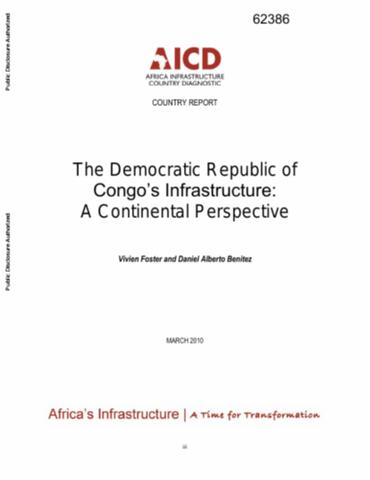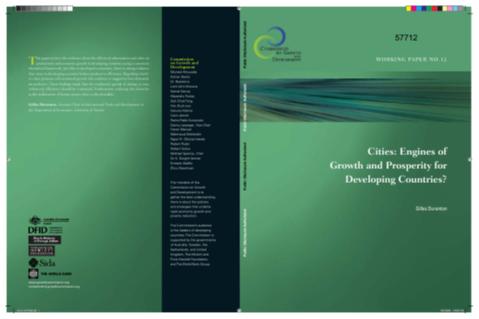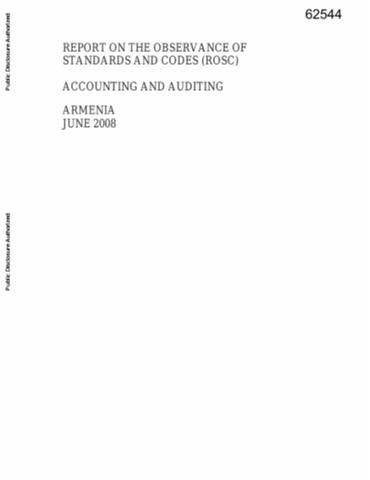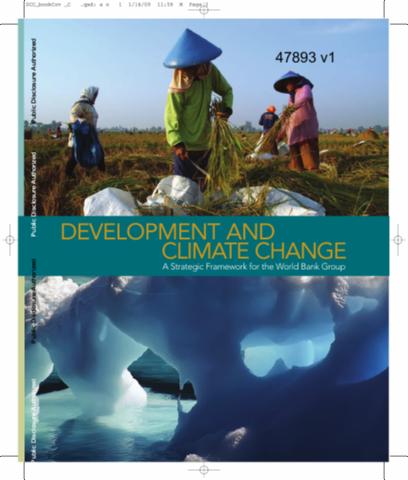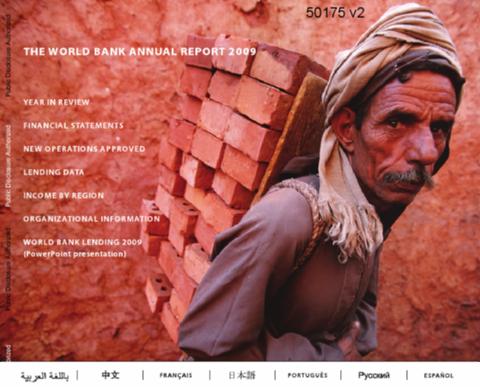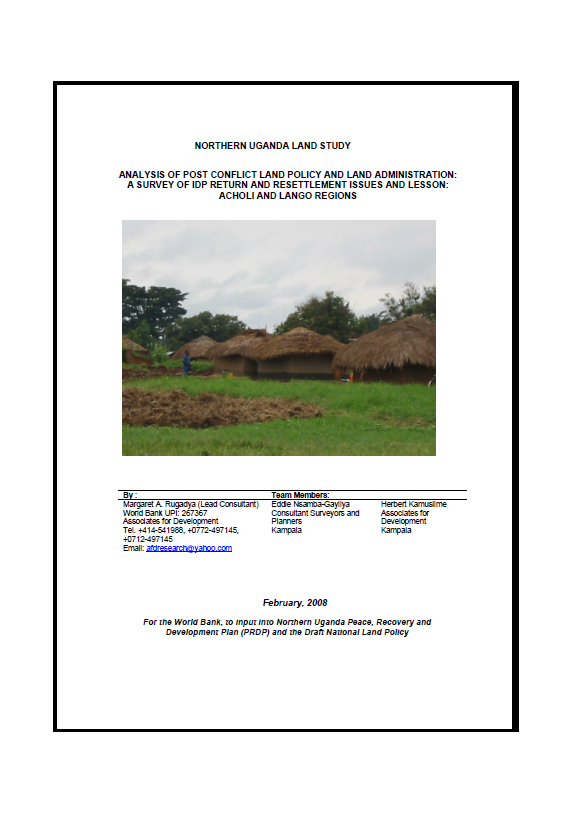The Democratic Republic of Congo's Infrastructure
The Africa Infrastructure Country Diagnostic (AICD) has gathered and analyzed extensive data on infrastructure in around 40 Sub-Saharan countries, including the Democratic Republic of Congo (DRC). The results have been presented in reports covering different areas of infrastructure ICT, irrigation, power, transport, water and sanitation and different policy areas, including investment needs, fiscal costs, and sector performance. This report presents the key AICD findings for the DRC, allowing the country's infrastructure situation to be benchmarked against that of its African peers.

